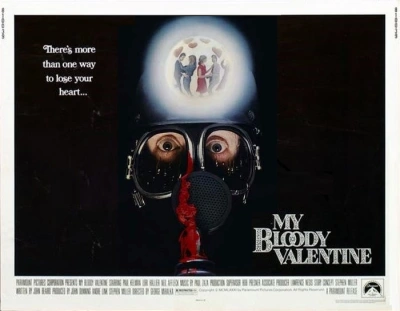Have you ever dreamt of a better version of yourself—younger, more beautiful, more perfect? The new dark comedy film “The Substance,” released on Sept. 20, shows this saddening aspect of many people’s lives in an outrageously creative way. But behind all the dark humor, this film is a perfect example of how fiction mirrors reality.
“The Substance” follows Elizabeth Sparkle who was once a superstar on top of the world, even getting honored with her own star on the walk of fame. She has now reached her 50th birthday, and is being tossed aside and forgotten as a legacy act. She has been limited to a morning broadcast for her aerobics show which is only popular with older women.
This angers her sleazy manager, Harvey, who wants a younger star to take Elizabeth’s place. Elizabeth is saddened after she is disposed of by her manager and tries to come to terms with her age which leads her to take “the substance” after she is offered the chance to try it.
The plot of the movie is over the top, but the life of Elizabeth’s actress, Demi Moore, was just as turbulent, as she was swiftly abandoned by the film industry when she got older. In the late 1980s to early 1990s, she became one of Hollywood’s leading ladies and highest-paid actresses. Her biggest films are “Ghost,” “A Few Good Men,” “Indecent Exposure,” and “St Elmo’s Fire.” She was also paid a then-unprecedented 12.5 million dollars to star in “Striptease.”
But it wasn’t until the turn of the century that Demi Moore’s output began to falter, after “The Scarlet Letter,” “The Juror,” and “G.I. Jane” failed to meet commercial expectations. After this, she began acting in supporting roles sporadically. And despite her career never reaching that same peak, the media was not afraid to publish articles that shamelessly mocked and ridiculed her for any sort of controversy that was around her during that time.
“When women get old, they’re ‘washed up,’ but when men age, they can only age well,” said Mrs. Ryan, the Sonderling librarian.
In 2003, when Demi began a relationship with Ashton Kutcher, it caused the media to stir up a storm and publish many articles shaming Demi for their age gap, insinuating that this was a latch ditch desperate attempt to reconnect with her youth. Because of this, Demi retreated from the spotlight to work on other personal matters and went on a self-imposed hiatus, turning down many roles and only starring in a few films sporadically between years.
“Women are treated worse than men. I remember when Alicia Silverstone was presenting an Oscar to Jim Carrey, and he kissed her. I thought that was really weird,” said Brianna Hernandez, a junior student.
Comparing Demi Moore to her character, Elizabeth Sparkle, it’s easy to see the similarities. Both are washed-up superstars who were shunned by the media and industry after being seen as past their prime. Elizabeth’s internal struggle in the film is having to come to terms with her self-hatred and desire to be young again and in the spotlight. This internal struggle is reflected by the two main actors of the film, Demi Moore as the old version of Elizabeth and Margaret Qualley as the young version of Elizabeth, called Sue.
“I think the movie did a good job at showing what women in the industry go through,” Hernandez said.
As the film continues, we see this internal struggle comes to a head when both versions of Elizabeth start clashing to be in control. This fight leaves Elizabeth and Sue, Elizabeth’s younger version, messing with each other’s minds until Sue breaks the rules of the substance.
This causes Elizabeth to age faster, leaving her looking like a distorted version of a Disney witch. Because of this, Elizabeth begins developing a deep hatred towards Sue but in denial of her own feelings, she views Sue as a different person.
But she is reminded over and over by the makers of the Substance that she and Sue are the same person; they are one. However, due to her denial, Elizabeth cannot come to terms that Sue feelings are Elizabeth’s.
As the feelings of hatred and self-loathing grow stronger, Sue steals more and more time from Elizabeth. When Sue is unable to steal any more time and is forced to swap, Elizabeth finally sees what she has become.
The film leaves viewers feeling sad and disgusted. Elizabeth is unable to escape the grasp of her feelings towards herself and her obsession with the spotlight, causing her to undergo an extremely violent internal struggle. This highlights the main theme of the film: the unnecessary abuse that people everywhere inflict on themselves at the expense of their vanity.
People in the present day, more than ever, have become extremely obsessed with beauty and vanity to the point that they lose themselves optically and mentally. This internal struggle causes people to pay for expensive surgeries or take substances with the promise of making them beautiful, but in the end, it makes the person look unnatural. It isn’t until the damage of this is done that the individual realizes that this quest for vanity was not worth the results.
What does this mean for the future? Hopefully, people everywhere won’t look like uncanny valley monsters by 2060. As a society, people have started to speak out about how meaningless this lust for vanity truly is.















